HotSpots H2O: Minnesota Pipeline Opponents File Federal Lawsuit to Halt Construction
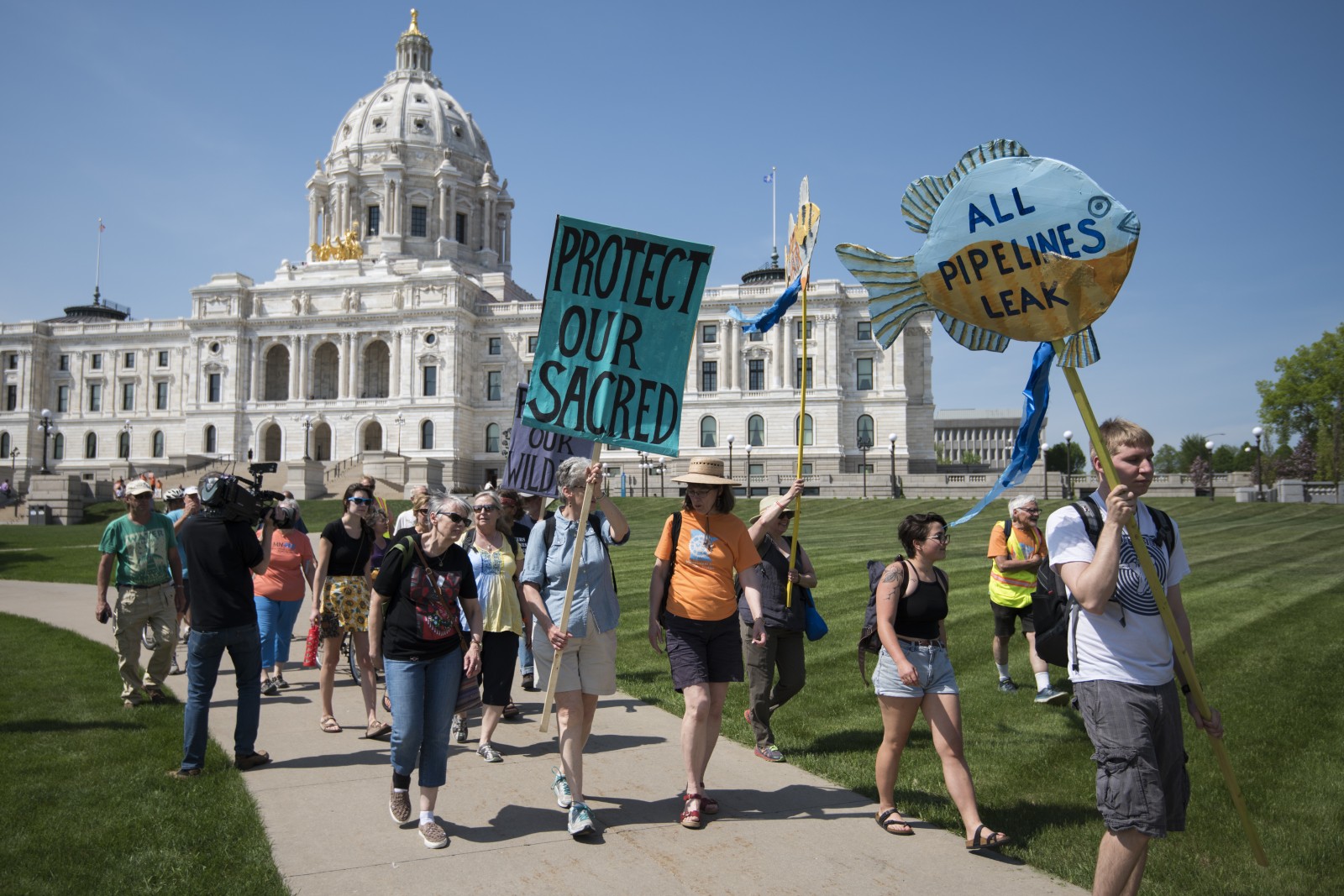
Citizens protesting the Line 3 pipeline project in St. Paul, Minnesota. © Fibonacci Blue
Two Minnesota Ojibwe communities and two environmental organizations filed a lawsuit against the Line 3 oil pipeline in order to halt construction in that state, alleging that the U.S. Army Corps of Engineers issued the project’s water quality permit without appropriate consideration of several environmental issues.
The pipeline, operated by the fossil fuel distribution company Enbridge, was originally built in the 1960s and is worn out. The replacement project has been in the works for six years with the federal permit being a key authorization before construction began in early December.
Line 3 begins in Alberta, passes through the tip of North Dakota, then extends 337 miles across northern Minnesota before reaching its terminus in Superior, Wisconsin. Along its path, the pipeline replacement will cross more than 200 bodies of water and 800 wetlands, most of which are in Minnesota, where the bulk of the U.S.-section of the pipeline is located.
To get a court injunction against the pipeline, the plaintiffs, represented by the nonprofit law group Earthjustice, must prove that the permit decision and Line 3 will cause irreparable harm. The suit argues that the Army Corps did not properly consider the risks of oil spills on the environment, reported the Minnesota Star Tribune. If the pipeline ruptures, a spill can be difficult to contain since the heavy oil from the Alberta tar sands will sink in water.
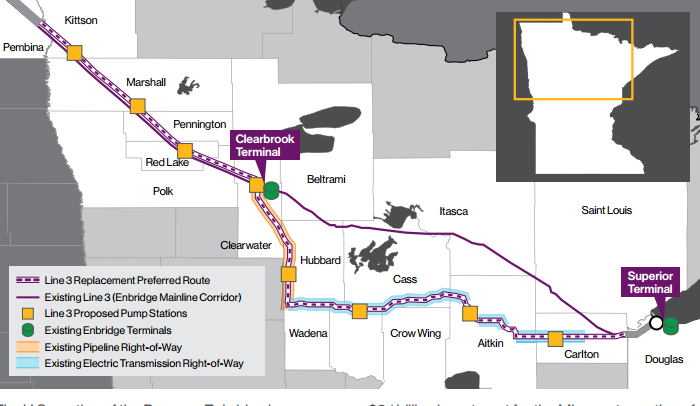
Map of Line 3 replacement project. © Minnesota Public Utilities Commission
The suit also asserts that the Corps did not address the pipeline’s impact on climate change and tribal treaty rights. Line 3 will cross the Fond du Lac reservation, one of the seven Ojibwe communities. The pipeline will stretch through areas on which Indigenous peoples have the right to hunt, gather, and fish. It will also cross watersheds that are essential for the growth of native wild rice, a local food source.
Enbridge said it’s reviewing the lawsuit, noting that the permit included consultation with 30 tribes.
“The Line 3 Replacement Project has passed every test through six years of fact and science based regulatory and permitting review,” Enbridge said in a statement.
Line 3 currently employs 3,000 workers and the construction is expected to increase employment to 4,000 as the project continues, according to an Enbridge press release. Enbridge also highlighted that the new pipeline is critical for safety since the current Line 3, which the proposed Line 3 is planning to replace, runs at half capacity due to corrosion.
Pipeline opponents demand that the old Line 3 be decommissioned, not replaced, and that Minnesota should transition to a more sustainable economy based on renewable energy.
Opponents have also filed other lawsuits to halt the replacement of Line 3, including challenges to the Minnesota Pollution Control Agency and the Minnesota Public Utilities Commission. The groups will most likely ask the Minnesota Court of Appeals to stop construction until those lawsuits are heard.
Meanwhile, construction on the replacement line continues. Enbridge plans to finish the new Line 3 by the end of 2021.
Elena Bruess writes on the intersection of environment, health, and human rights for Circle of Blue and covers international conflict and water for Circle of Blue’s HotSpots H2O.

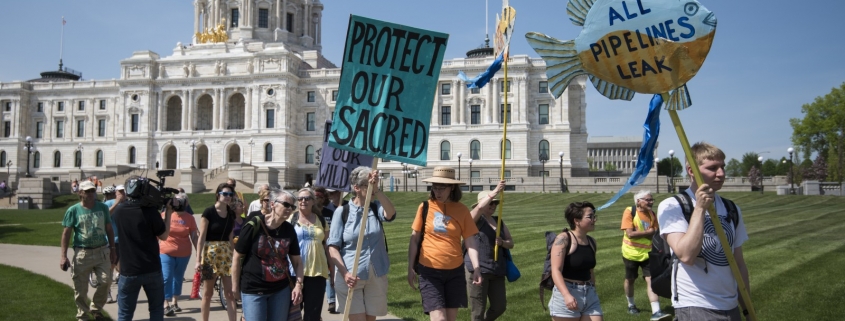

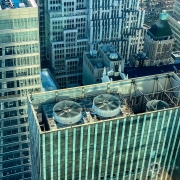
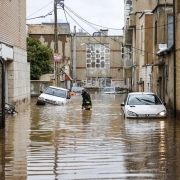
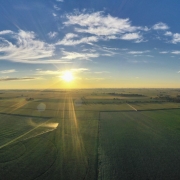
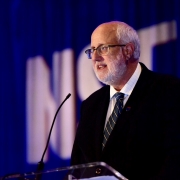
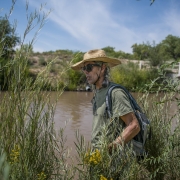
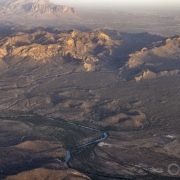 © J. Carl Ganter / Circle of Blue
© J. Carl Ganter / Circle of Blue 

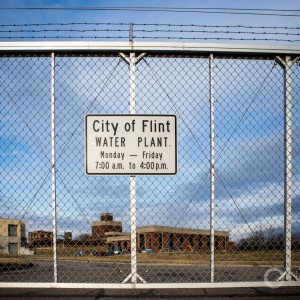
Leave a Reply
Want to join the discussion?Feel free to contribute!